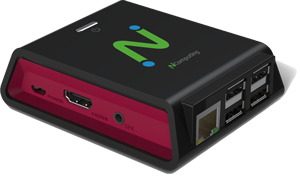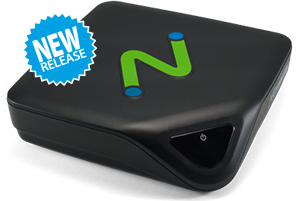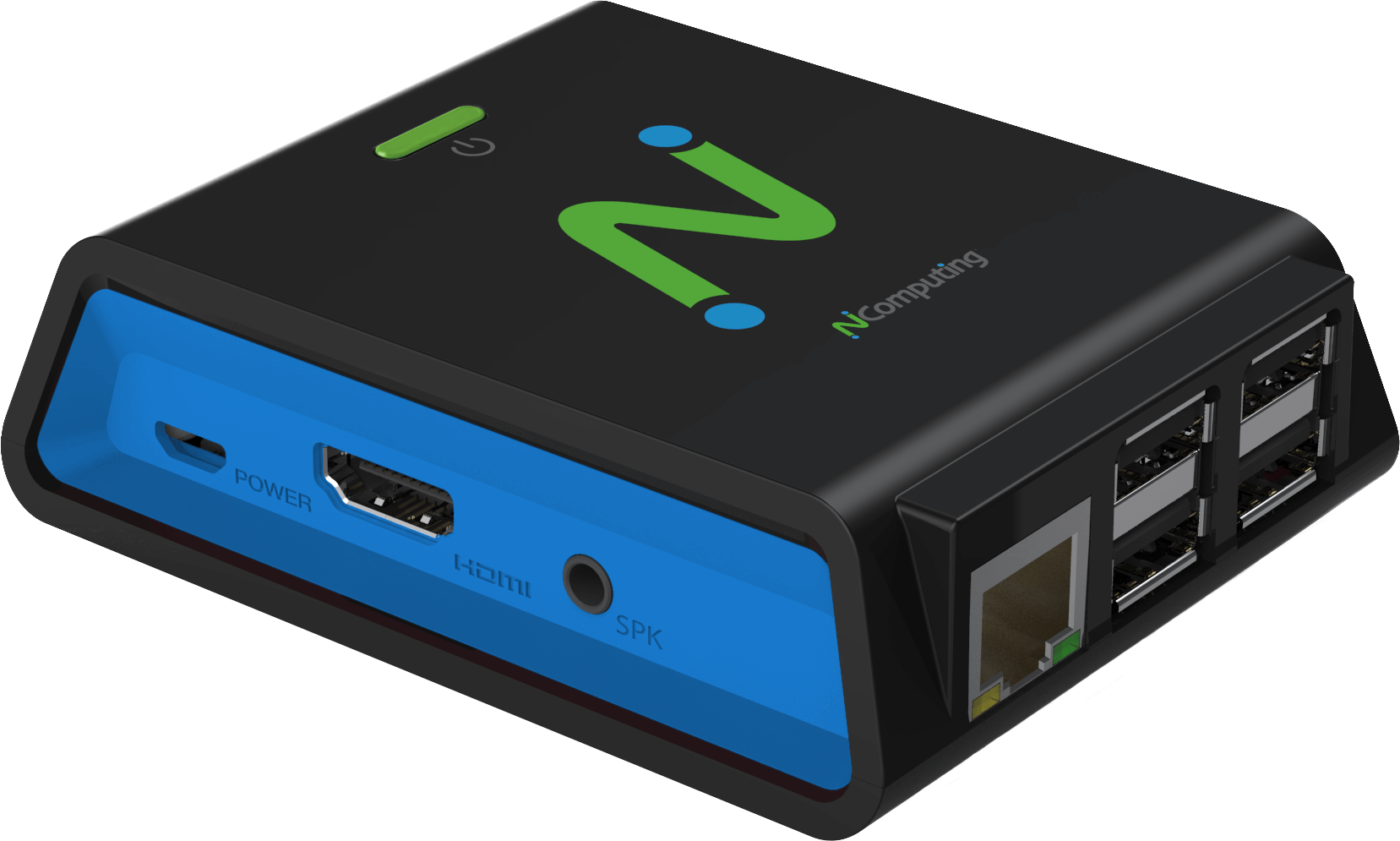The Virgin Islands DOE

The Virgin Islands Department of Education serves as the territory’s education agency, and has two school districts: St. Thomas-St. John School District and St. Croix School District. The organization is an executive branch of the Government of the U.S. Virgin Islands and is the largest governmental entity in the Virgin Islands. The Virgin Islands Department of Education’s responsibilities include the development, implementation and monitoring of instructional programs for all K-12 students and adult learners, as well as, provision of support services such as child nutrition, pupil transportation, library services, and the maintenance of educational facilities and offices under its purview. Services are provided at 33 buildings supporting 40 activity centers.
The Virgin Islands Department of Education employs a workforce of 3,124 employees. In fiscal year 2010, the Department endeavored to address the needs of the 15,493 students enrolled in the system: 1,176 students territory wide were identified as students with disabilities and 519 as English Language Learners. Of the 1,056 students who were enrolled in 12th grade, 912 earned high school diplomas and an additional 16 graduated with certificates of completion.
Aging Computers Difficult to Manage and Not Able to Support Online Testing
The mission of the Virgin Islands Department of Education, through the Office of Instructional Technology (OIT), is to provide technology-focused assistance to support integrated and interdisciplinary teaching and lifelong learning for educators and students. OIT is committed to providing leadership, expertise and guidance in technology integration, standards, policies, professional development, planning, monitoring, evaluation, service delivery, project and network management, tools, and infrastructure to assist in bringing every school into the information age and to accomplish instructional program goals and objectives.
Aging desktop computers within the District were slow and required too much maintenance. There were also configuration errors and support problems caused by donated computers. The Virgin Islands Department of Education was in need of replacing desktop stations, which were older machines and labs may not be able to run the assessment applications. Difficulty managing computer software installations and updates throughout the Districts Limited budgets and mandates to provide wider computing access. Desktop stations in both districts are very old. With online PARCC OR SMARTER BALANCED assessments coming on 2015 with the Common Core standards, many schools will be forced to re-evaluate the sufficiency of their computer labs to handle testing. Configuring individual machines is difficult in the schools in large part due to the relatively low operating system knowledge of many teachers.
The Virgin Islands Department of Education State and Districts partnered to bring the features and benefits of thin clients to teachers and students in all public schools on St. Croix, St. John and St. Thomas. Initially approximately 50 high-end servers and 2,500 L300 thin clients were purchased. This collaboration has promoted improved computing experience, system performance, access to online resources, computer maintenance, management, cost of ownership and return on investment (significantly less technical support, heat and power consumption) to the Virgin Islands Department of Education (VIDE). The VIDE has now standardized on L300 systems and high-end servers with solid state drives that can run approximately 100 L300 systems per server.
Many of the territory’s computer labs were outfitted with new thin clients, which replaced the existing, and older, hardware. The thin client devices are easier to manage, maintain and more energy efficient, and can further hook up to a centralized server.
A thin client solution would be less expensive per student station, and would enable streamlined operating system maintenance by a technology staff person at the server station, rather than requiring individual station service. Particularly since principals reported less tech integration staff and funding in recent years, centralized operating system maintenance could provide better and more consistent functionality to schools using thin client stations. Thin client would also discourage school staff (including teachers) from activating donated computers that may not be certified by the district and Department, as such machines can cause configuration errors and support problems.



-menu.png)


